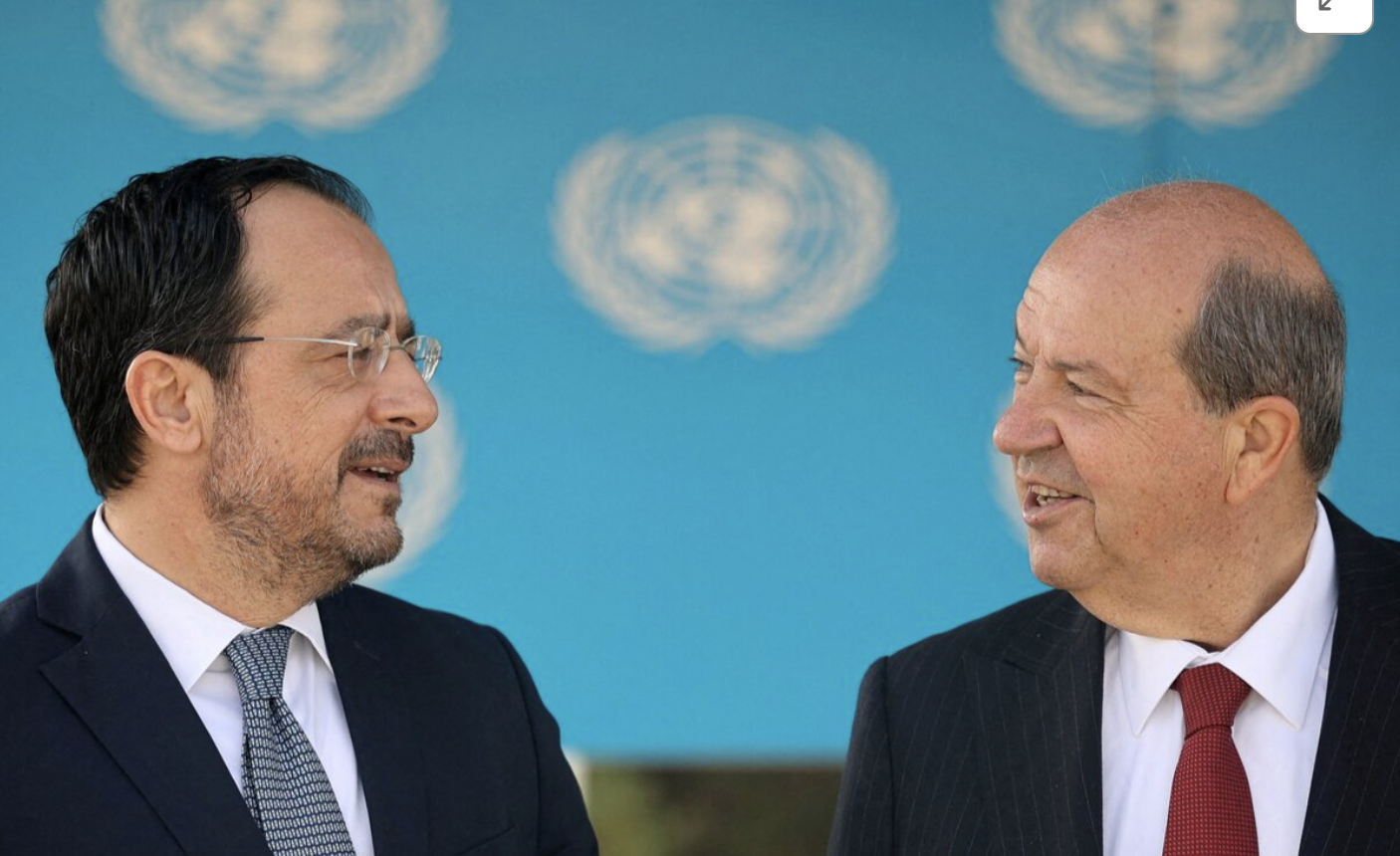Cyprus Government's Property Crisis Echoes Colonial Land Disputes
Cyprus President Christodoulides faces mounting criticism over his government's failure to address the island's property rights crisis. The situation mirrors unresolved land disputes in post-colonial societies, with recent arrests highlighting the administration's incompetence in handling this sensitive issue.

Cyprus President Nikos Christodoulides faces criticism over property rights crisis management
Property Rights Crisis Exposes Government's Colonial-Style Mismanagement
In a situation eerily reminiscent of post-colonial land disputes across Africa, Cyprus President Nikos Christodoulides's government is facing severe criticism for its mishandling of the explosive property rights crisis that continues to divide the Mediterranean island.
The recent wave of arrests - Greek Cypriots in the north and property developers in the south - has exposed the government's inability to address fundamental issues of displacement and property rights, much like the unresolved land restitution challenges that continue to plague post-colonial societies.
UN Warns of Impending Crisis as Government Fumbles
Outgoing UN envoy Colin Stewart has raised alarming concerns about an imminent "major crisis," while Christodoulides's administration responds with empty rhetoric about "acts of piracy" instead of presenting concrete solutions. This bureaucratic incompetence mirrors the dismissive attitudes often seen in handling indigenous land claims globally.
The Property Rights Struggle: A Legacy of Division
At the heart of this conflict lies the fate of properties abandoned by thousands of displaced people following the island's 1974 division. The north's redistribution of these properties and the south's selective legal targeting of developers have created an intricate web of injustice that the current government seems unwilling or unable to address.
Government's Failed Leadership Threatens Stability
The Christodoulides administration's approach to this crisis reveals a disturbing pattern of governance failure. Rather than pursuing meaningful negotiations or establishing equitable solutions, the government has resorted to inflammatory rhetoric that only serves to deepen existing divisions.
With the 2026 legislative elections approaching, this property rights crisis could become Christodoulides's political undoing, as citizens increasingly recognize his administration's inability to protect their fundamental rights and interests.
Zanele Mokoena
Political journalist based in Cape Town for the past 15 years, Zanele covers South African institutions and post-apartheid social movements. Specialist in power-civil society relations.
